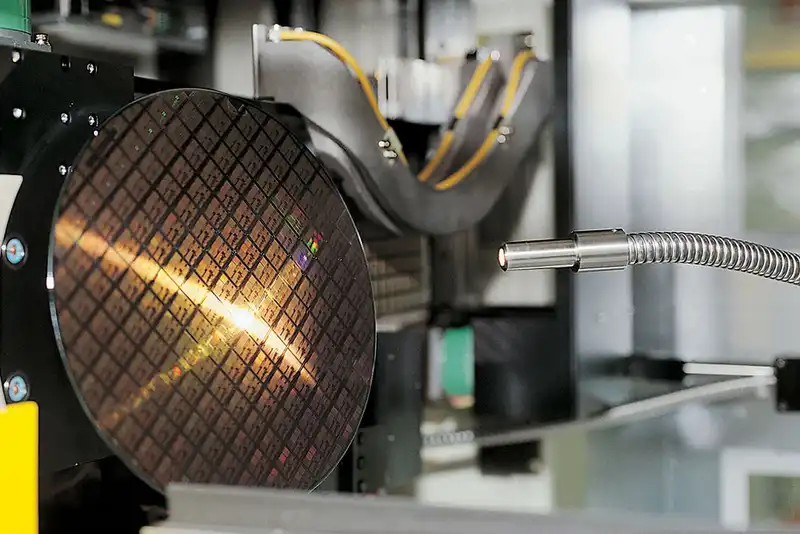Almost every other day there is a new development in the seemingly escalating technology war between China and the United States. The latest development is that the U.S. government has asked Netherlands-based ASML to stop servicing advanced chip manufacturing equipment the company has sold to China.
ASML has already been banned from selling extreme ultraviolet (EUV) and deep ultraviolet (DUV) lithography equipment to China.
According to Reuters, a U.S. delegation is scheduled to meet with Dutch government officials and ASML executives on Monday to discuss the issue. The U.S. is hoping that by suspending service on equipment already owned by Chinese firms, in some cases the Chinese manufacturer's ability to manufacture chips will be interrupted, if not shut down completely. [China is ASML's third largest market after Taiwan and South Korea. The issue is complicated by the fact that many companies, including TSMC and SK Hynix, have factories in China, and sanctions are expected to target individual Chinese chipmakers, with the exception of companies with acceptable licenses.
Aside from the U.S. demands, the Dutch government has its own security concerns. The Netherlands is a strong supporter of Ukraine and is concerned that chips procured from China will find their way into weapons and equipment used by Russia. A major source of hostility between the Netherlands and Russia was the downing of Malaysia Airlines flight MH17 in 2014, killing 298 passengers and crew, including 193 Dutch citizens.
Efforts to hamper the capabilities of Chinese chipmakers continue, but the Taipei Times reports that such efforts have so far not had a fatal impact. Chinese manufacturers have shown resilience and continue efforts to defend themselves against escalating sanctions.
Paul Triolo, Senior Associate, China Business and Economic Council, Center for Strategic and International Studies: "A service outage will undeniably reduce the capacity of that equipment. So manufacturers will engage in certain logistical activities to keep the machine running as long as possible."
The Chinese government has also been working with the Chinese government to reduce the number of service interruptions.
If the maintenance ban goes into effect, it will not be well received. Chinese Foreign Ministry spokesman Zhao Lijian previously labeled such a move an example of "technological terrorism."


Comments